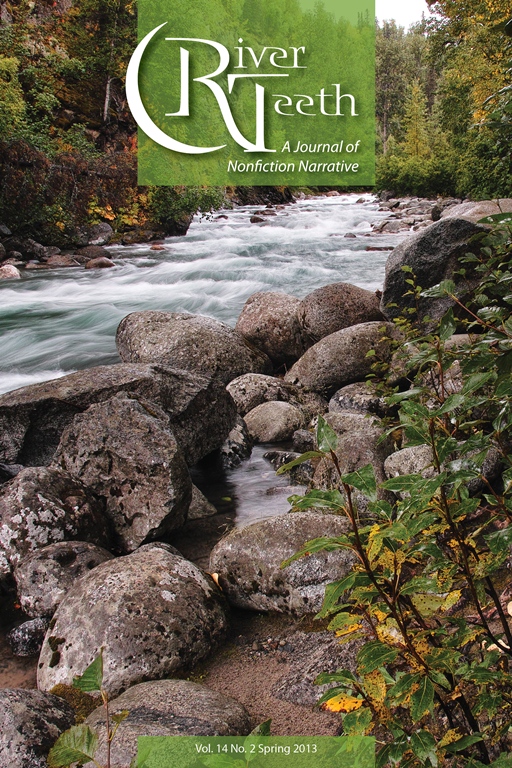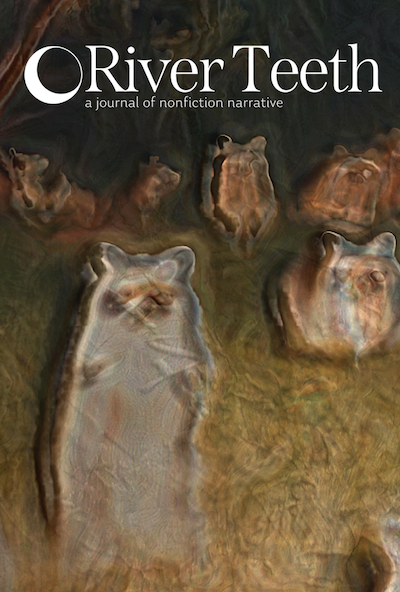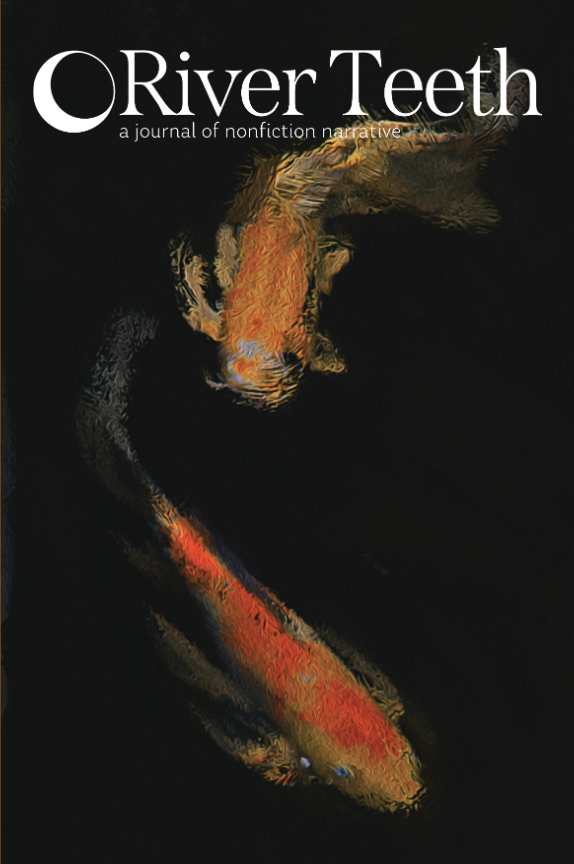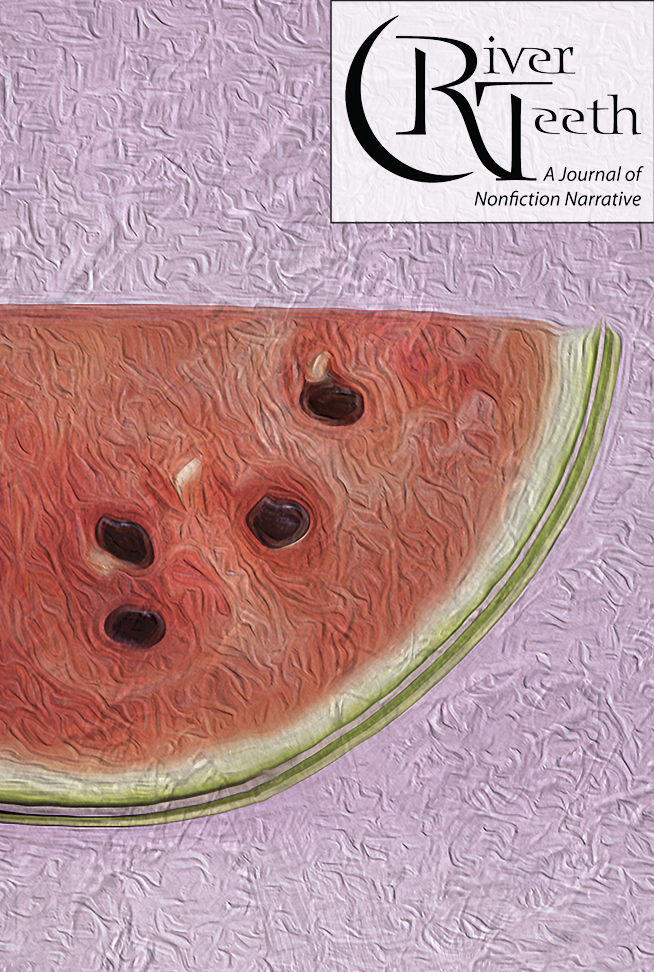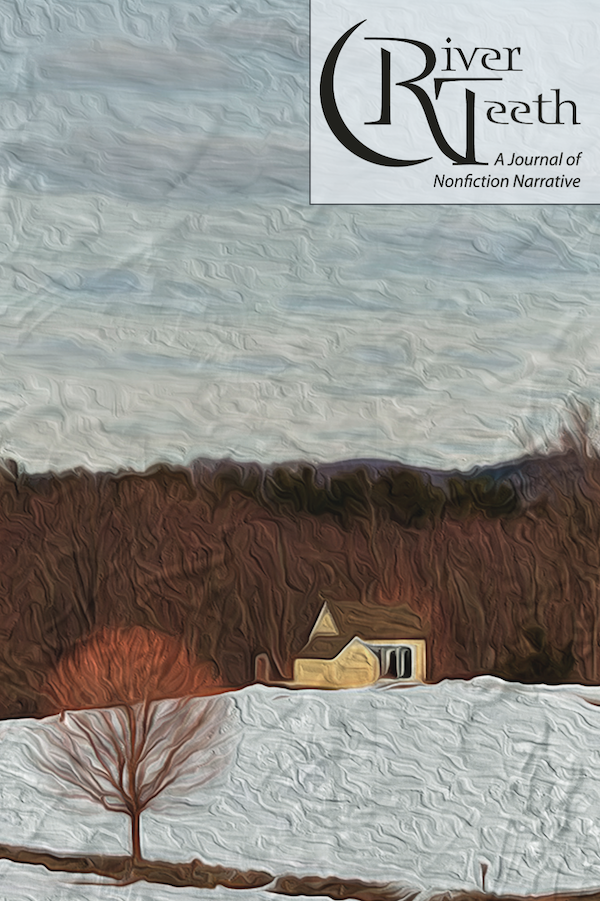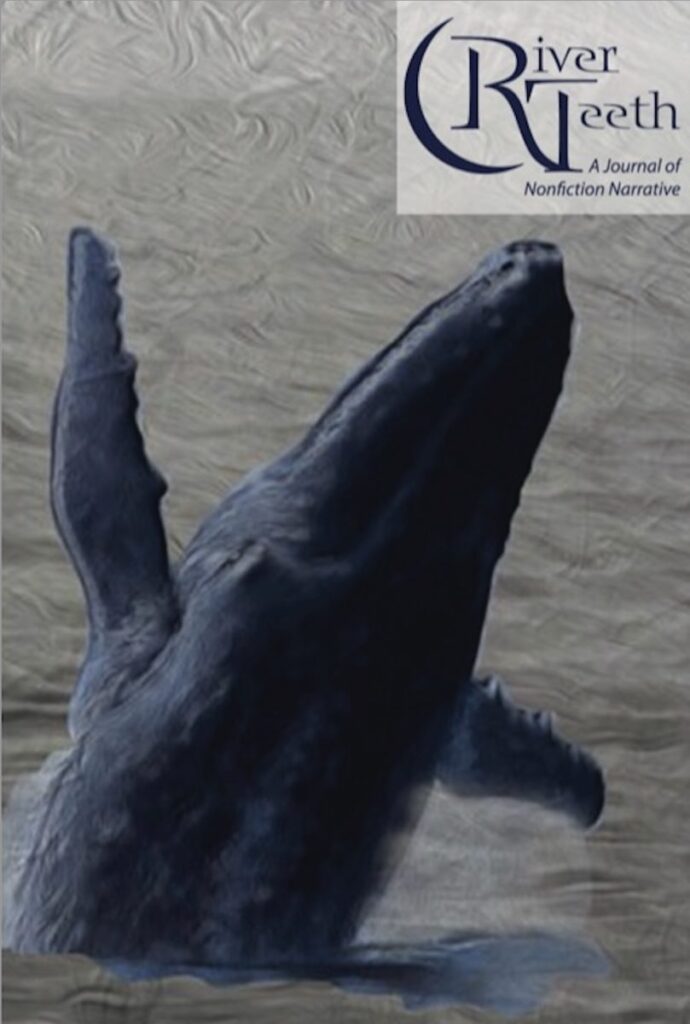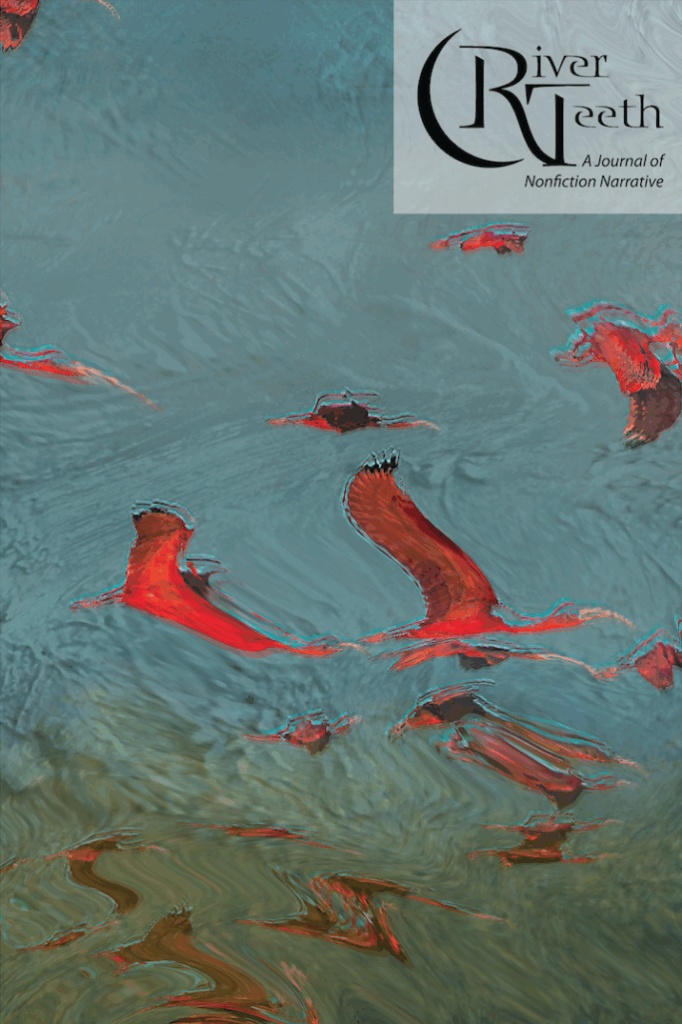By Joe Mackall
Are there too many memoirs out there? Are too many being written? Is enough, enough? After all, for the last twenty-five years we’ve read memoirs on every conceivable subject. Some great, some good, some fair, some poor. Everybody knows what those subjects are, so I’m not even going to bother listing them. I’m treating my question rhetorically, of course. Nobody would ask if it’s time to stop writing novels or poems or plays or movies, so I do not know why we’d ask it of memoir, but many critics do. Those of us who love memoir know how some critics appear to delight in deriding them.
In the midst of reading another biography of Ulysses S. Grant, I decided again and forever that the answer is no. No, there will never be too many memoirs. While reading Grant all I could think about was how badly I would love to be able to read the hundreds of memoirs of the young men being commanded into battle by Grant. What story of being alive would the kid from the western Pennsylvania coal fields have to tell? And what about his friend who fled the family general store for the battlefield of Vicksburg? And what of that Ohio farm boy’s mother? What story of being alive would she have told? What could I have learned from his sister, as she sat on her porch at dusk, looking over her family’s fallow fields, listening to pileated woodpeckers the size of crows? Who else would tell her story if not her? This is the great gift of memoir. Shared lives.
How I wish the family narrators of my life would have written words on paper rather than spinning them out, around and over endless get-togethers at my maternal grandparents’ home. This is not to say they weren’t great storytellers. They were the first and therefore the finest. They’re the reason I fell in love with story, long before I fell in love with books. But it was all talk. And all of the passionate, wordy competitive storytellers, aunts and uncles and cousins, would interrupt and add details and laugh and contest and deny the details of others, and these endless narrative feasts would hover in the air for the night and in my heart forever. But I know how much I have lost. And I know how much I never received. Certain thoughts could never be spoken of around a dining room table. What did my grandmother worry about in the middle of the night? I wish she would have written words I could hold in my hand about having to bury two of her eight children. I’d love to spend a rainy Cleveland afternoon reading my maternal grandfather’s memoir. I’d give anything to know his heart as he sailed to New York City from southern Italy at age twelve, never seeing his parents again, not for the remaining eighty years of his life. But I need more than family stories. I need them all. I need the lives of others. And yes, all great art gives us these lives all the time. But it seems to be the special province of memoir, its simplest and purest objective.
In a recent issue of the New Yorker, there’s an excerpt of a memoir from the famed New Yorker writer Joseph Mitchell. As always, Mitchell takes his readers for a walk through his adopted home, its boroughs, bars, churches, a tour of the architecture and ethos of New York City. Near the end of the piece, Mitchell admits to feeling estranged from the city he loved. He also speaks of a similar disaffection from his native North Carolina. A certain sadness quietly oozes from his sentences. He ends his piece with this: “Then, one Saturday afternoon, while I was walking around in the ruins of Washington Market, something happened to me that led me, step by step, out of my depression. A change took place in me. And that is what I want to tell about.” Unfortunately, Mitchell never finished his memoir, and we’ll never get to read what he wanted to tell us about. That’s a shame. To me, on this Saturday afternoon thinking of Mitchell, the words “unfinished memoir” sound like a couple of the saddest words in the world of writers and readers.
Two new memoirs, both winners of the River Teeth Literary Book Prize, will be coming out, one this spring and one next. This spring Ralph Salisbury’s So Far, So Good will be published by the University of Nebraska Press and this year’s winner is John W. Evans’ memoir Death in a Forest Wilderness, which will be out in spring 2014.
Thanks for writing your stories. Thanks for finishing those memoirs. Thanks for reading.

